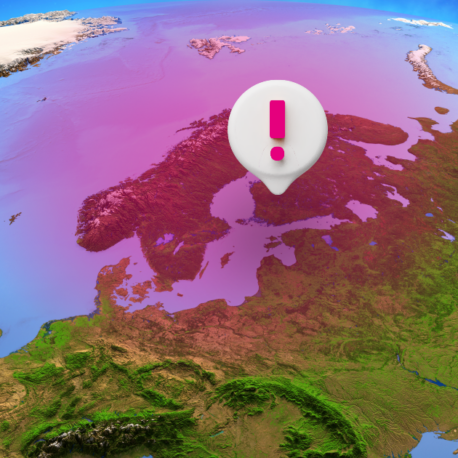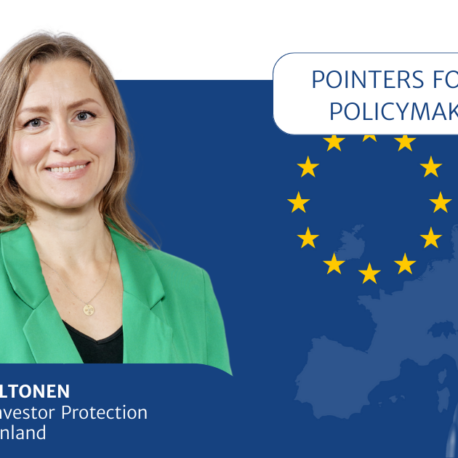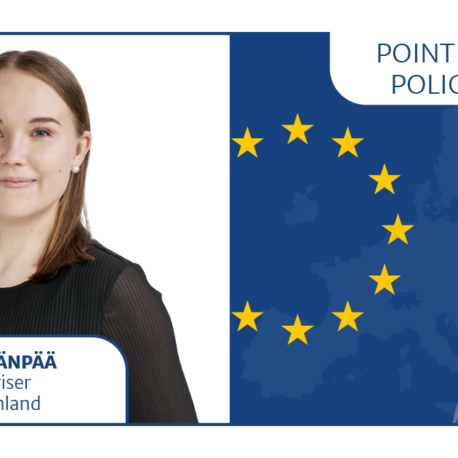
Many funds today label themselves as responsible or sustainable. All kinds of products from bananas to t‑shirts to refrigerators have their own sustainability certificates as well. Despite product labels, it is not always easy for the end user to find out how environmentally friendly a product or service actually is or what its production process has entailed.
Most products are offered by listed companies. From an investor’s perspective, these companies are investments, either through stocks or bonds. This brings us back to the question of sustainability from a slightly different angle: which of these companies are the most responsible and sustainable?
If you listen to what the companies say, they all act responsibly. I don’t mean this sarcastically – rather, it means that as companies invest in sustainability and develop more comprehensive reporting, the sustainable investor will have to work hard to figure out what the most important things are in the big picture. Piecing all this available information together is not easy for fund investors. The European Union is also aware of this.
======
The first parts of the EU Sustainable Finance Action Plan
are coming into effect.
======
The European Commission presented the Sustainable Finance Action Plan as part of its strategy in March 2018. The Commission aims to integrate environmental awareness, social responsibility and good governance into the financial policy framework to support sustainable growth. The first parts of this plan are now coming into effect, and while they may seem merely semantic at first glance, there are stronger forces of change moving in the background.
In practice, the first major change will be that a financial product cannot be called responsible or sustainable without additional reporting. Until now, the product developer’s own opinion has been enough to justify such a name, which may sound strange. The product developers have often presented operational policies, external certifications, and other evidence to prove their sustainable approach, but these have not been based on uniform concepts or reporting, which is now being pursued. Moreover, the purpose is to provide investors with transparent information, as well as to combat green laundering – a practice in which the product is made to look more responsible than it actually is.
What is also changing is the way adverse effects of investments will have to be reported in the future. It is clear that companies sometimes create a negative impact through their operations. Public debate has usually focused on greenhouse gas emissions and on how a carbon tax, for example, could be a way to channel this cost to the emitter as well. Now, for the first time, an attempt is made to measure this impact in a way that investors can compare different products. Investors can also understand what measures are being taken to reduce and minimise the environmental impact. The indicators are not limited to greenhouse gas emissions, but also include reporting obligations related to biodiversity, water use, waste management, violations of international principles and dealing with industries that have been identified as harmful.
At this point, we should not promise too much: not all changes may show up right away. The regulation now entering into force is complex in itself, and the work of its detailed implementation with its reporting obligations will continue for years to come. The changes will, however, also help strengthen the EU’s global leadership in the financial sector, including leadership on sustainability issues.
At Danske Bank, investment products must continue to meet certain reporting obligations in order to be marketed as sustainable investments or ESG investments. This applies to funds as well as pension and investment solutions. More specifically, investors will in the future be better able to distinguish whether an investment product is sustainable or ESG-compliant.
Peter Lindström, Chief ESG specialist, Danske Bank
This column is part of a series where Finance Finland member companies talk about responsibility in the financial sector.
Looking for more?
Other articles on the topic

The Nordic model for European savings and investments accounts is simply excellent – The Commission would be wise to look to the North

Commission unveils proposal to revive securitisation, aiming to strengthen EU capital markets

Investment should be encouraged with effective solutions, not regulation – The European savings and investments account would draw on member states’ best practices

Nappies, binkies and a portfolio of investments – Savings Starter for Children will raise baby investors
